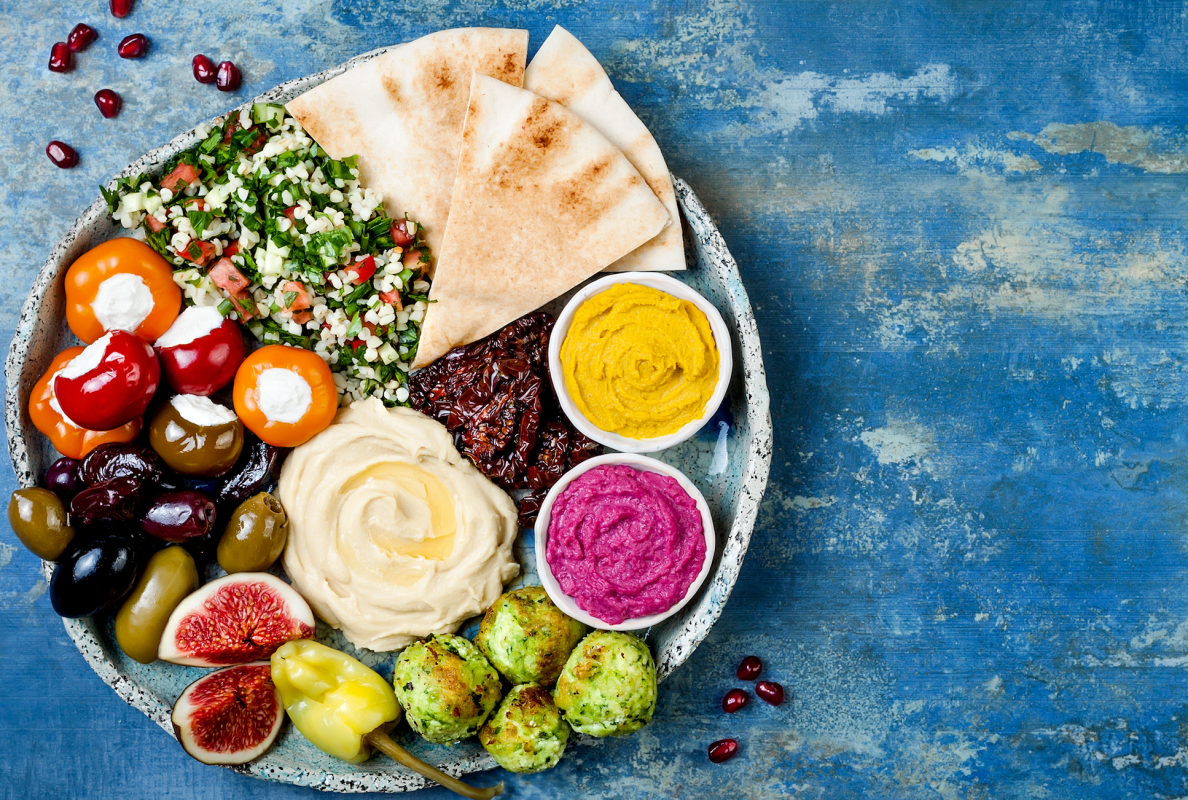The Mediterranean “diet” is more lifestyle, less restriction — which may be exactly why it works.
“Even though it’s called the Mediterranean diet, it’s not really a diet,” registered dietitian Rahaf Al Bochi, a spokeswoman for the Academy of Nutrition and Dietetics told CNN. “It doesn’t tell you what to eat and not eat. It’s a lifestyle that encourages consuming all food groups but gives more weight to those which have the most health benefits.”
This way of eating has proven effective for healthy weight loss, reduces the risk for diabetes, high cholesterol, heart disease, stroke and some cancers; strengthens bones, improves brain health and wards off dementia and depression.
To reap these benefits, focus on eating plants like fruits, vegetables and grains while incorporating nuts and seeds as snacks. Eating plenty of veggies in an array of colors to get the broadest range of nutrients. Cook, roast or garnish them with herbs and a bit of extra virgin olive oil, CNN advises. And don’t be confused by coconut or palm oil, which are high in saturated fats that raise bad cholesterol.
Pair fish with your bright plants multiple times per week, let cheese and yogurt make an appearance once or twice a week, in moderation, it’s OK to see some chicken and eggs in a day, too. But other meats and pretty much all sweets? Not so much.
But don’t panic if this sounds bizarre and far from what you’re used to. The Mediterranean way of life doesn’t require you to be ultra-restrictive.
“It doesn’t have to be a complete overhaul overnight,” registered dietitian Kelly Toups told CNN, “or be all-or-nothing for you to start to shift your health. When it comes to healthy eating, every bite counts.”
Thanks for reading InsideHook. Sign up for our daily newsletter and be in the know.


















